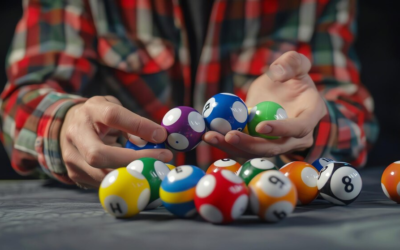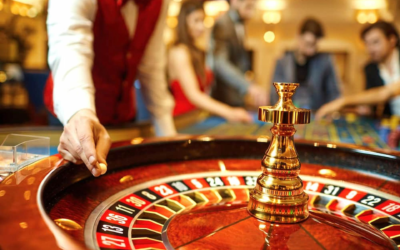The Intriguing World of Lottery Numbers: Deciphering Chance and Strategy

In the vast landscape of probability and fate, lottery numbers stand as curious symbols of hope and possibility. Each digit holds the potential to transform lives, sparking dreams of untold wealth and fortune. Yet, beneath the surface of these seemingly random numbers lies a tapestry of intricacies, where mathematics, psychology, and superstition intertwine to create a fascinating mosaic of human behavior.
At its core, the allure of lottery numbers stems from the promise of a life-changing windfall. Whether it’s the lure of multimillion-dollar jackpots or the thrill of smaller prizes, millions of players worldwide eagerly participate in lottery games, each one clutching a ticket adorned with carefully chosen numbers. But what drives these choices? Are lottery numbers truly random, or do patterns and biases influence our selections?
In the quest to decipher the enigma of lottery numbers, one must first confront the concept of randomness. While the draw of lottery balls may appear random to the naked eye, statisticians argue that true randomness is elusive. Factors such as ball weight, air resistance, and even the temperature of the drawing room can subtly influence the outcome. Despite efforts to create fair and unbiased draws, skeptics remain wary, questioning the integrity of the process.
However, randomness does not imply chaos. In fact, patterns often emerge within the sequence of drawn numbers, leading some players to believe in the existence of hot and cold numbers. Hot numbers are those that appear frequently in draws, while cold numbers are rarely selected. For believers in this theory, the strategy is simple: bet on hot numbers for a greater chance of success. Yet, critics dismiss this approach as a form of gambler’s fallacy, arguing that each draw is an independent event unaffected by past outcomes.
Beyond statistical analysis, the psychology of lottery numbers offers further insight into player behavior. Humans are naturally drawn to patterns and order, seeking meaning in the seemingly random. This propensity for pattern recognition manifests in various ways, from choosing numbers based on birthdays and anniversaries to employing complex systems of numerology and symbolism. For many, these personal connections imbue their chosen numbers with a sense of luck and destiny, heightening the emotional stakes of the game.
Superstition also plays a significant role in the world of lottery numbers. From lucky charms and rituals to omens and dreams, players often rely on supernatural beliefs to guide their selections. Whether it’s avoiding the number thirteen or favoring numbers associated with good fortune in their culture, superstition provides a sense of control in an inherently unpredictable game. While skeptics may scoff at such practices, the power of belief cannot be underestimated in its ability to shape human behavior.
Despite the allure of superstition and strategy, the ultimate outcome of lottery games remains governed by chance. With astronomical odds stacked against them, most players will never experience the thrill of hitting the jackpot. Yet, it is precisely this slim possibility that keeps them coming back, fueling a multibillion-dollar industry built on the dreams of ordinary people.
In the end, lottery numbers serve as both a testament to human ingenuity and a reminder of the inherent unpredictability of life. Whether approached with mathematical precision, psychological insight, or blind faith, they represent a collective longing for something greater—a chance to defy the odds and rewrite one’s destiny. So, as the next draw approaches and players anxiously await the results, they do so with the hope that their chosen numbers will be the ones to unlock the door to a brighter future.
Top of Form





